Introduction to Dehydrated Cabbage Processing Equipment
The realm of food preservation has been revolutionized with the advent of dehydrated cabbage processing machines. These machines are pivotal in transforming fresh cabbage into a dehydrated form, extending its shelf life and making it a versatile ingredient for various culinary uses. The process not only retains the nutritional value of the cabbage but also ensures that flavor and texture are preserved.
Types and Features
There exists a diverse array of machines tailored for dehydrating cabbage, each designed to meet specific production demands. From small-scale units suitable for boutique operations to industrial-grade machines for mass production, the variety ensures that there is a fit for every business size. Features often include advanced temperature control systems, precision dehydration technology, and user-friendly interfaces, all aimed at enhancing the dehydration process.
Applications and Efficiency
The use of cabbage dehydration equipment spans across various sectors, including the food industry, agricultural businesses, and specialty food shops. These machines are adept at handling large volumes of cabbage, ensuring a consistent output that is crucial for businesses relying on steady production flow. Efficiency is a hallmark of these machines, with many designed to optimize energy use and reduce operational costs.
Materials and Durability
Durability is a cornerstone of cabbage dehydrating systems, with construction from high-grade materials that withstand the rigors of continuous use. Stainless steel components are common, providing resistance to corrosion and ease of cleaning, which is essential for maintaining food safety standards.
Advantages of Modern Dehydration
Modern cabbage drying machines offer numerous advantages, such as enhanced drying times, which contribute to higher throughput. The precision of moisture removal ensures the final dehydrated product is of consistent quality, which is crucial for businesses that prioritize product reliability. Furthermore, the compact design of many models allows for better space utilization in processing facilities.
Environmental Considerations
In line with environmental concerns, many vegetable dehydration machines are engineered to be eco-friendly. This includes reduced energy consumption profiles and features that minimize waste, aligning with the sustainability goals of many organizations. By investing in such technology, businesses not only improve their operational efficiency but also contribute to broader environmental sustainability efforts.
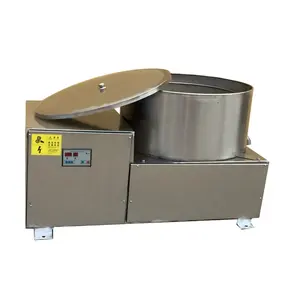


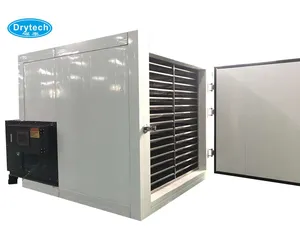

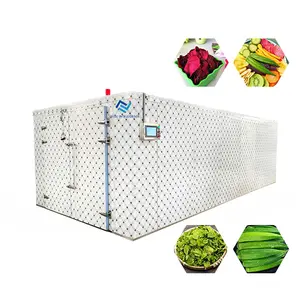



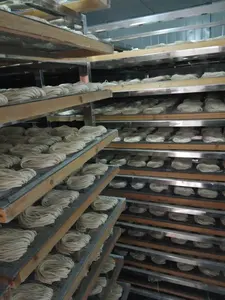





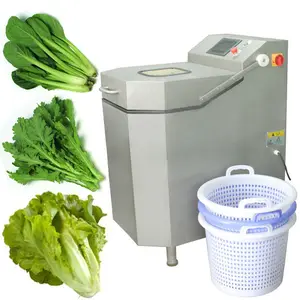


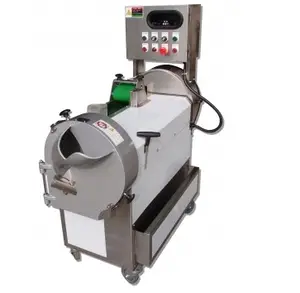


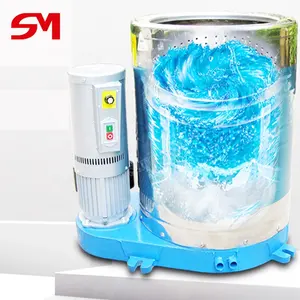
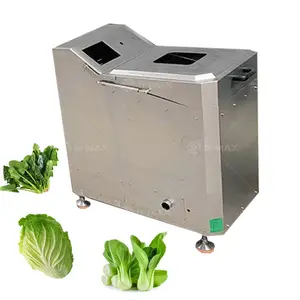

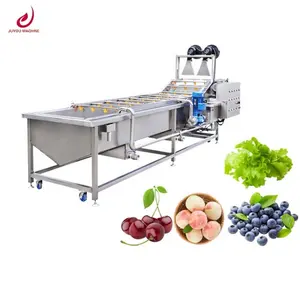




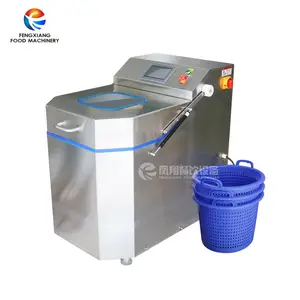
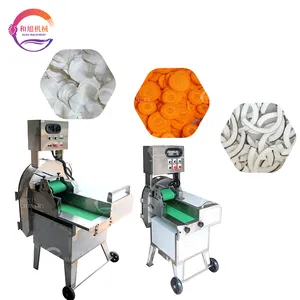


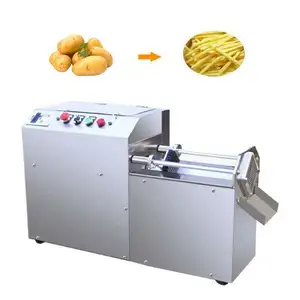
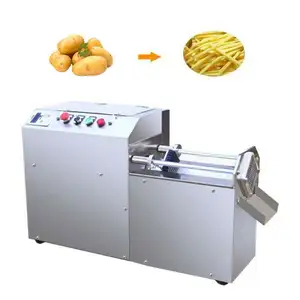
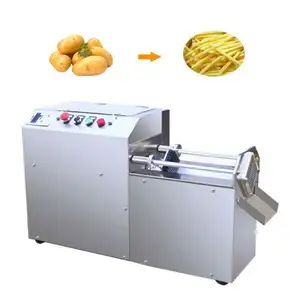

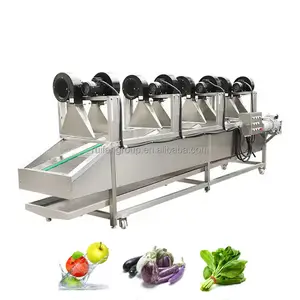







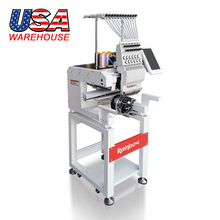
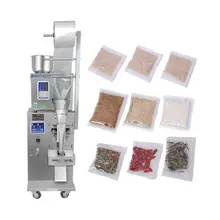




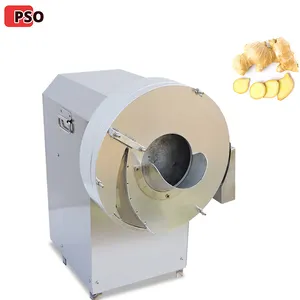
























 浙公网安备 33010002000092号
浙公网安备 33010002000092号 浙B2-20120091-4
浙B2-20120091-4